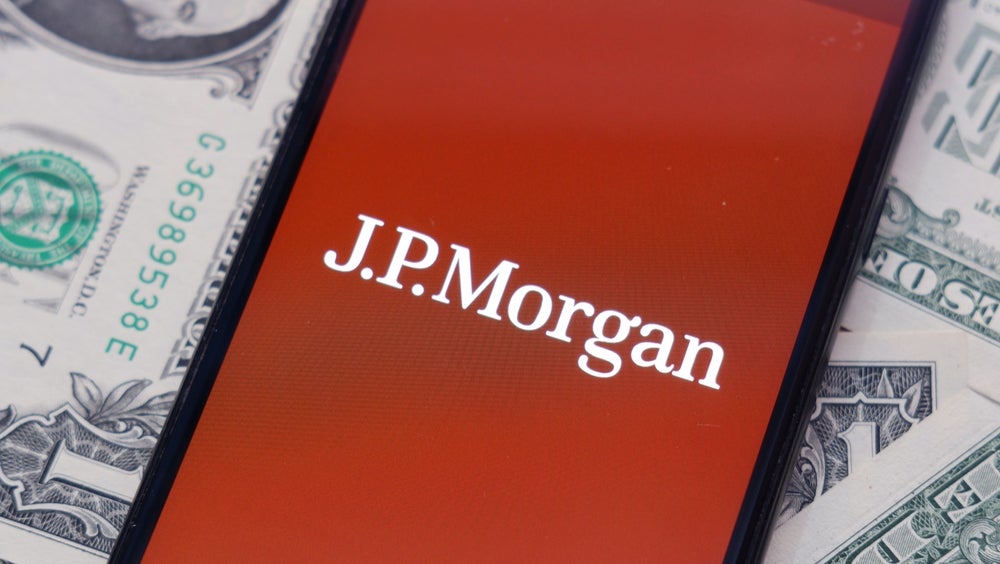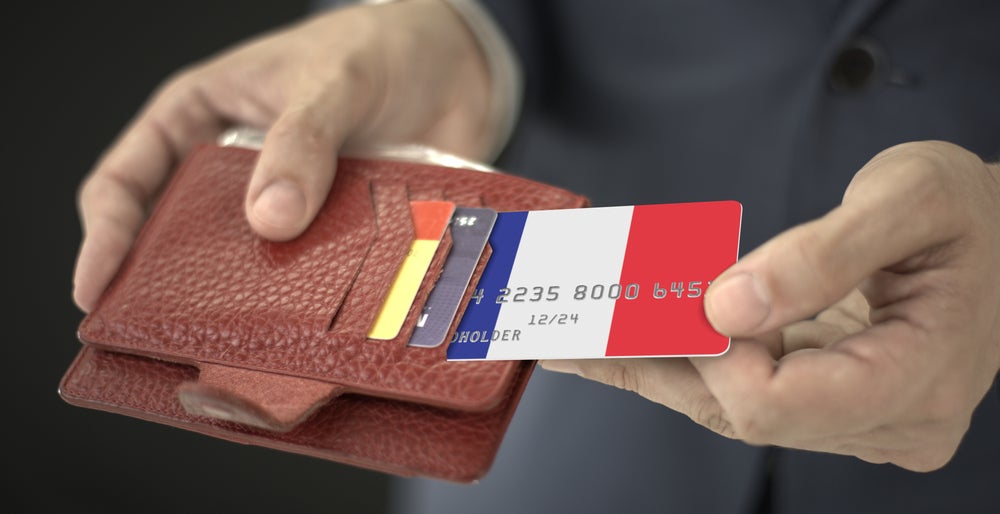
Mobile and NFC have been central topics of discussion, poised to be the ‘next technology to become of daily usage’. It is not the first year m-phones and NFC are labelled as ‘the next payment generation’, but industry players at Cartes seemed confident the right time had come. Biometric technology is gaining momentum as well.
French company Natural Security announced during Cartes that the standard-developer has signed an agreement with Banque Accord, BNP Paribas, Credit Agricole, Credit Mutuel Arkea, Group Auchan, Ingenico and Leroy Merlin over the pilot deployment of a payment method that combines a smart payment card, biometrics and mid-range contactless communication. Marketing director André Delaforge stressed that "biometric offers the advantage of being convenient: even if you have several cards you will not need a different pin for each one of them. It is easy". To the point that in the US it could be used to leapfrog chip and pin: "But this will be a choice of the market," he says.
The evolution of Point Of Sales (POS) to ‘Point Of Interaction’ has been showcased during the event, with a marked division between low-cost basic products and high-end mobile devices with interactive features to bring added value to banks and merchants.
Loyalty software programme provider Welcome Real-Time has shown, at Ingenico’s boot, that during the traditional three to four seconds of payment, there is an opportunity for the merchant to interact with consumers.
"During that time merchants can understand customers’ behaviour and reward them by enrolling them into a loyalty relationship. And this without increasing the duration of the payment," Philippe David, Welcome Real-Time president, says.
Merchants, David adds, can thus leverage on the POS terminal to ultimately increase their revenue, by addressing in a proper way their clients’ expectations and tailoring solutions on them.
"Merchants become autonomous in their clients’ relationship management. It makes a real difference with the so called ‘daily deals sites’ where merchants do not see their clients coming back again," he says, referring to solutions such as that offered by Groupon and other competitors.
How well do you really know your competitors?
Access the most comprehensive Company Profiles on the market, powered by GlobalData. Save hours of research. Gain competitive edge.

Thank you!
Your download email will arrive shortly
Not ready to buy yet? Download a free sample
We are confident about the unique quality of our Company Profiles. However, we want you to make the most beneficial decision for your business, so we offer a free sample that you can download by submitting the below form
By GlobalDataThe interaction and digitalisation trend leads directly to the mobile payments area. The low volume of mobile transactions has limited fraudsters’ interest but security concerns – and opportunities – are growing with the industry.
Secure transactions and digital identity provider Inside Secure has presented a new PicoPulse chip, saying the sim card-enhancer can be plugged into current mobile phones, tablets and other mobile devices to cost-effectively transform them with the power of NFC functionality to enable more people to engage in mobile payment, transport, access control and other secure transactions.
Scott Forbes, director of Cryptography research, said the environment is getting more and more complex and stressed how "the mobile phones were not made to be secure", meaning there are ongoing issues the industry has to be aware off, working on providing solutions to enhance mobile payments security before their volume increases to a critical point.
Andy Hayes, director of marketing, product and schemes of payment processor Global Payments, says "the biggest take-away from this year’s Cartes event is the general sense that the cards and payments industry is entering the next stage of its development and evolution". At the same time there is a growing recognition that with the right education among consumers, alternative payment methods potentially provide new avenues for safer, more efficient and more cost effective payment methods for both consumers and merchants. "The recurring note of caution, at Cartes, was that innovation should not come at the price of outpacing compliance measures or consumer and merchant protection," he says.
During Cartes, software provider Compass Plus carried out a survey on mobile payments, taking in the views of more than 70 respondents, including financial institutions, mobile operators, payment processors, and other industry professionals. 30% of respondents cite the increase in payment channels, such as mobile, as the primary challenge facing the payments industry today, an increase of 8% compared with 2011. Almost six in ten respondents said mobile will account for 10-30% share of banking usage versus other channels within 2-3 years. Almost 70% of respondents expect NFC to reach mass adoption in one to three years.
Ian Hermon, payments security manager at Thales e-Security, says industry players are taking different approaches to mobile payments and it is still to see which will be the winning one, from the security point of view.
The ‘Trust In the Cloud’ approach, in opposition to the ‘Trust in the Phone’, has been very much at the centre of the attention during the Paris event.
Under this model, Hermon explains, the sensitive payment credentials are stored and protected in the cloud, and the phone is simply a point of connection to the cloud. Benefits from a security perspective, Hermon says, are that the cardholder information is stored in one place – the cloud – as opposed to being stored in countless individual mobile devices, and the task of meeting PCI DSS compliance is greatly simplified for merchants.
In the ‘trust in the phone’ approach, instead, the security of a user’s payment credentials depends on a trusted security chip within the phone itself – known as the Secure Element – protecting the critical payment keys and data which initiate contactless transactions at the point-of-sale, just like the embedded chip in an EMV card does in the plastic card world.
Hermon says: "The payments industry was defined in an era long before the Internet and mobile devices. Depending on which of the above approaches becomes dominant, a new payments ecosystem built around mobile and cloud connectivity could look very different to the world we are familiar with today. Regardless of what model becomes dominant as the industry evolves, high assurance protection for sensitive data and strong authentication for involved parties will remain critical cornerstones of any offering".
India, guest of honour at this year’s edition, the cloud, m-payments and biometrics have caught the attention of the public at Cartes.
Equally discussed, however, have been the absentees or, better say, the absent: Visa was not to be found among the 430 exhibitors, as noted by many.







